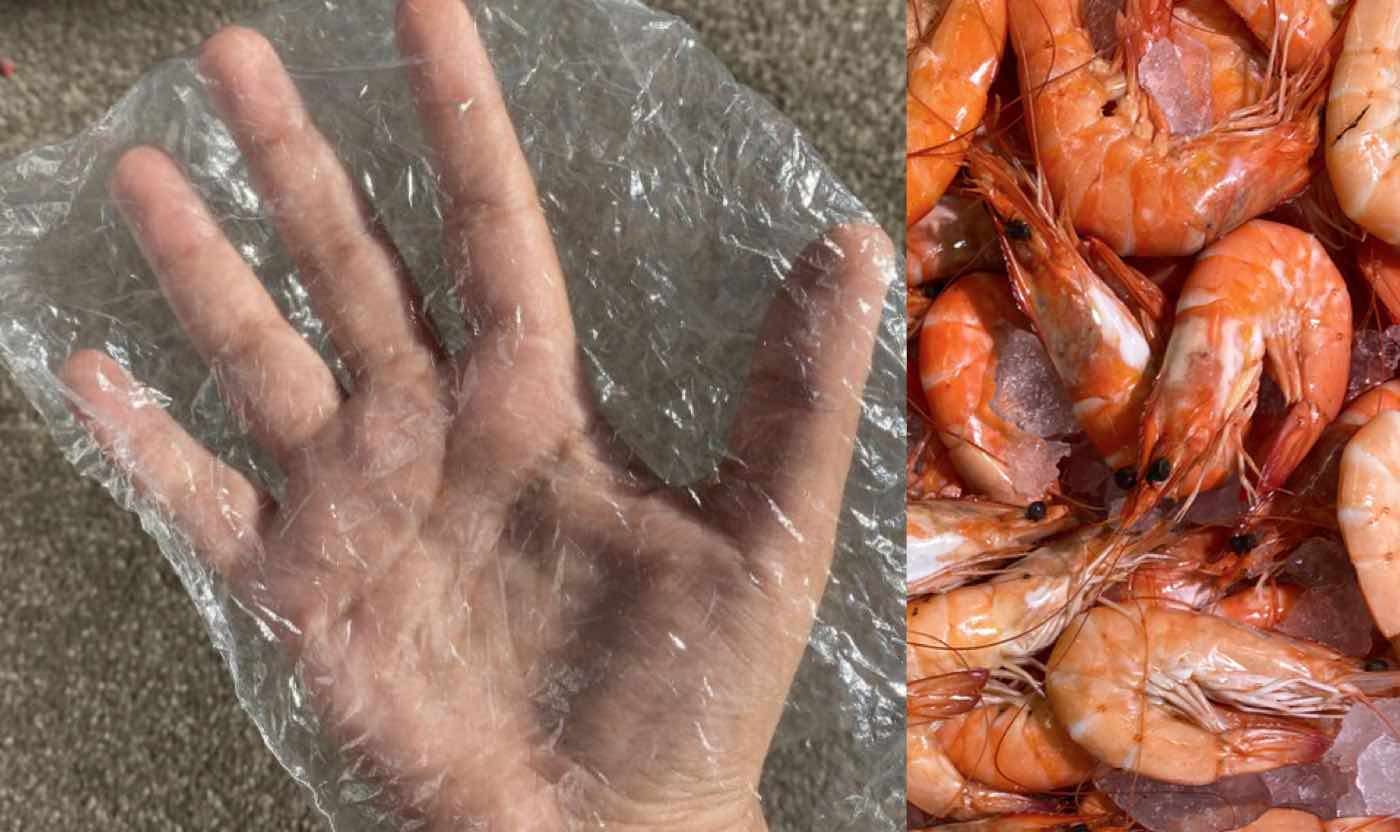Wales is Building a National Forest That Will Span the Length and Breadth of the Country
The Welsh government hopes to achieve their cross-country initiative by linking together fragmented forests at a rate of 4,900 acres per year.

"Prawn shells look like plastic," pondered this Australian teen after dinner one night.
It had been a long, hard day of researching and trying to come up with biodegradable alternatives to plastic—including a banana peel solution and corn starch that didn't pan out.
"That was when I realized that that dinner could have been my Eureka moment," Angelina Arora told news.com.au.
The Adelaide inventor used the inspiration to create a bioplastic made from prawn shells that completely degrades within about 33 days in a landfill.
The material, which the 17 year-old says is receiving very positive responses from manufacturers and interested companies, is flexible, durable, insoluble, and transparent, making it the perfect alternative for common plastic packaging.
"I'm still finalizing the legal aspects like patenting for example, however I am at the stage where I have produced a final prototype and would be ready to manufacture the plastic to distribute it commercially," she said.
Furthermore, like many other seafood waste products like oyster shells, prawn exoskeletons are rich in nitrogen – the most important ingredient in plant fertilizers. This makes her material especially useful to farmers and agriculturalists, as it would degrade quite normally in fields or compost pits, while providing their crops with the nitrogen needed to maximize plant nutrients and immunity.
The remarkable innovation earned Angelina the BHP Science and Engineering Award, and last year she was named the Australian Geographic Society's Young Conservationist of the Year.
A student of medicine, Arora also hopes to adapt her bioplastic for use as packaging for medical supplies.
Throw This Story on the Nearest Social Media Feed and Cook Up Some Hope!
Be the first to comment